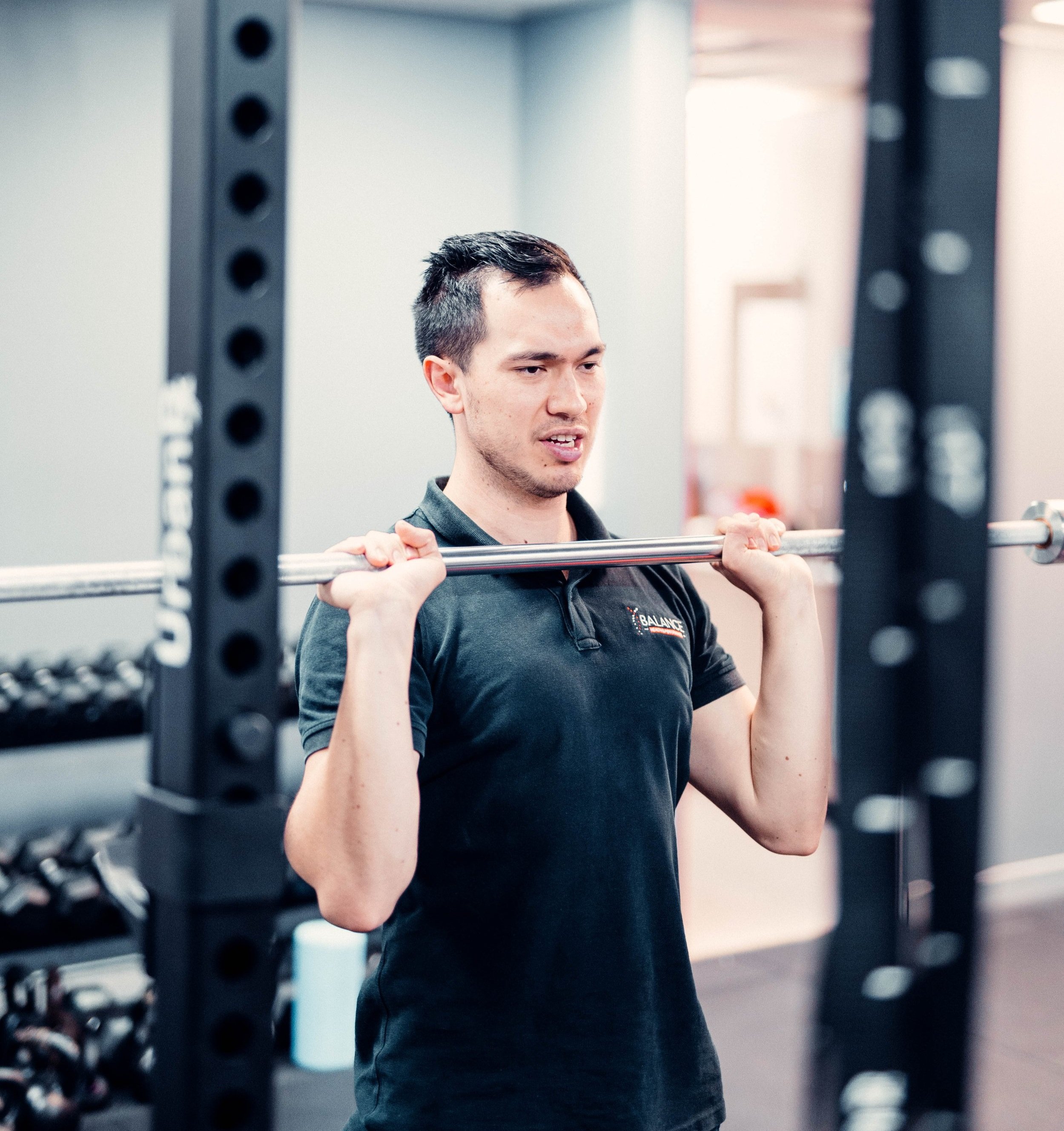So many of my patients believe that if they’ve woken up the day after training and feel that post-exercise muscle soreness it means they’ve done a good job, trained hard and made progress.
But is muscle soreness actually the best sign of a good, productive
training session?
Short answer… NO!
Often it can happen when you change up your routine or haven’t trained in a while and this sort of experience is normal and a common reason to experience soreness. But you can also be experiencing
muscle soreness for reasons such as poor sleep or hydration.
If you continue to experience ongoing muscle soreness it can mean that your body’s not recovering well enough or that you’re putting yourself through too much strain.
We often think that “more is better” but it actually might not be the case and it could be worthwhile getting a professional to look at how you structure your workouts and training and see if they’re suitable for where you’re at in your health journey.
But if we’re not basing training effectiveness on soreness, what should we be looking for?
Here are 3 SIGNS of effective training to making overall progress:
Making overall progress:
Are you working towards your goals? Whether it be lifting heavier, running further, putting on muscle or training consistently.Training Consistently:
You’re better off doing 3 good training sessions a week than the best session imaginable once a month. Good habits and consistency will mean less soreness and gradual
progressive changes and feeling good after your sessions.Feeling good after your sessions:
Experiencing a post exercise ‘high’ is one of the best benefits from doing exercise. We should feel accomplished and happy with what we’ve done as well as some fatigue that isn’t too uncomfortable
The greatest results from your training will always be at a tipping point. The tipping point being, that if you do any more you enter the realm of diminishing returns. The challenge for all coaches is to find each persons tipping point.
There is some truth to the point that our bodies can do a lot more than we think we can handle. Breaking through these mental barriers are important as long as they aren’t to the detriment of what you can tolerate biochemically and physically as well.


